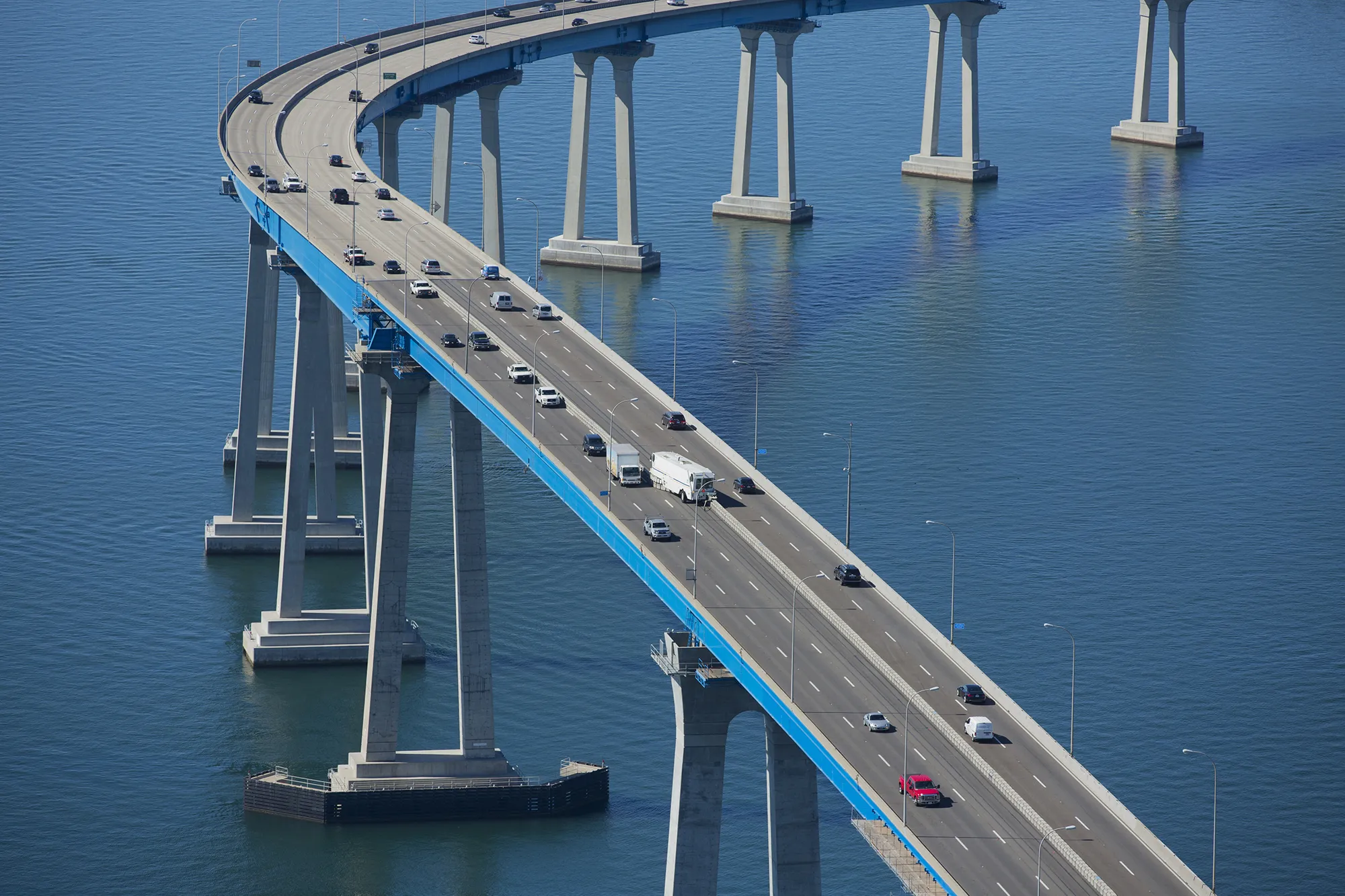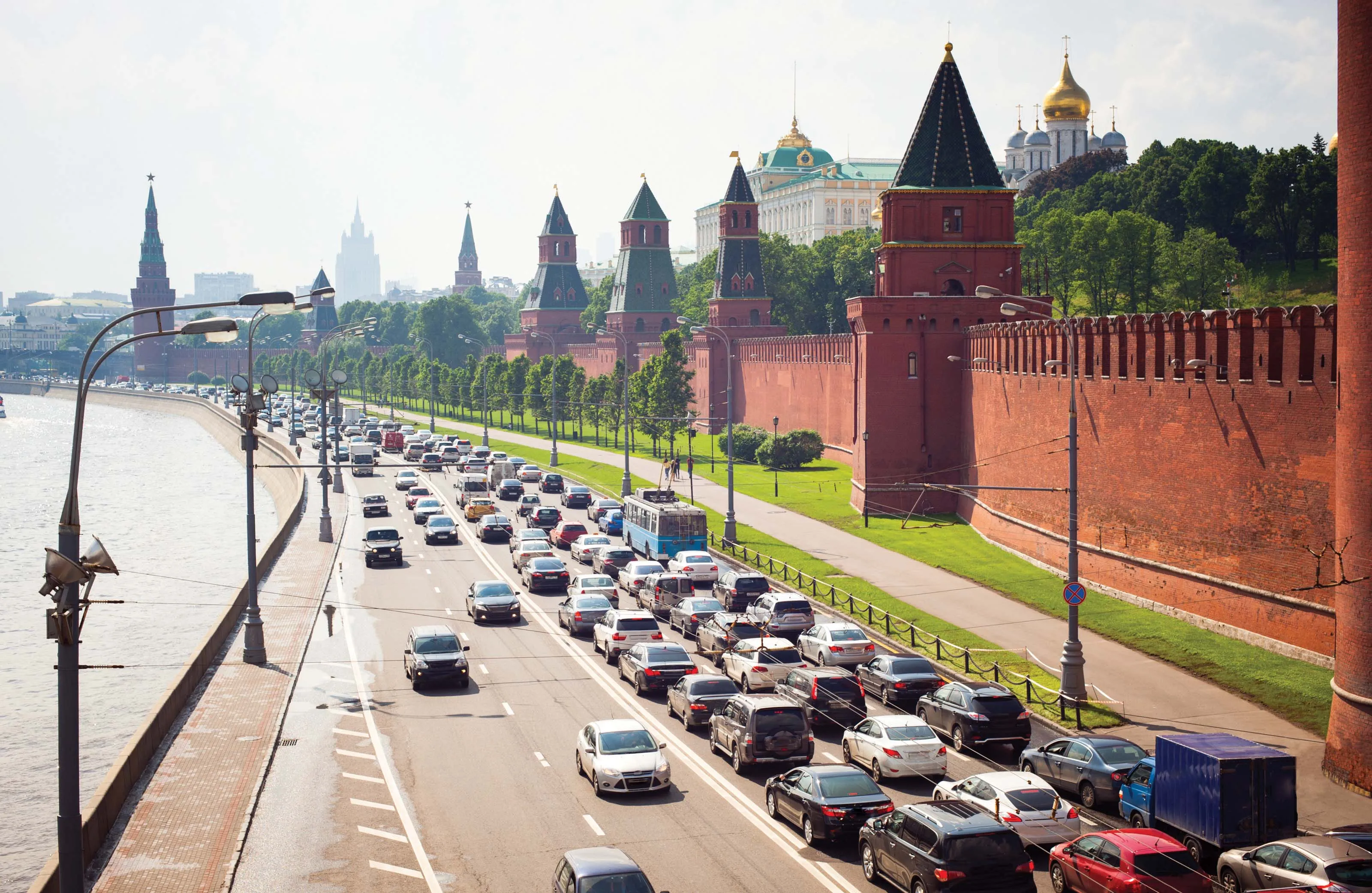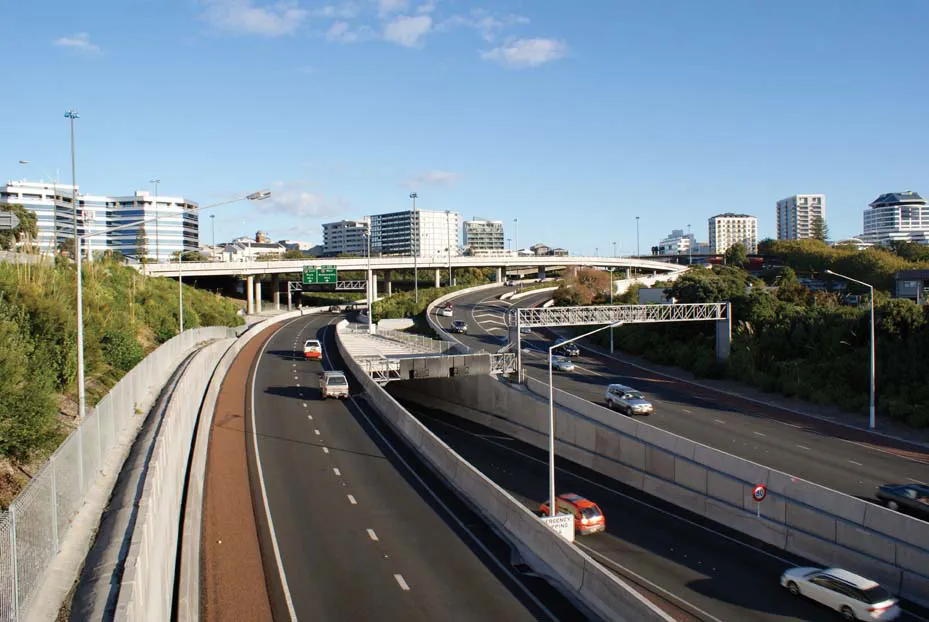THE AUTHORITIES in Belgian capital Brussels are discussing the possibility of introducing a congestion charge system. UK capital London and Swedish capital Stockholm already have functioning congestion charge schemes that have helped solve the previous near traffic gridlock in both cities at peak periods. Another option for Brussels would be to tackle congestion by boosting the use of public transport for commuters entering and leaving the city. Meanwhile in the Belgian Flanders region the authorities are e
July 3, 2012
Read time: 1 min
THE AUTHORITIES in Belgian capital Brussels are discussing the possibility of introducing a congestion charge system. UK capital London and Swedish capital Stockholm already have functioning congestion charge schemes that have helped solve the previous near traffic gridlock in both cities at peak periods. Another option for Brussels would be to tackle congestion by boosting the use of public transport for commuters entering and leaving the city. Meanwhile in the Belgian Flanders region the authorities are evaluating the feasibility and costs of building a tunnel to complete the Antwerp ring road. The study for this project will be completed before the middle of 2010. Should the tunnel option prove too costly, the authorities may consider building an elevated highway.









